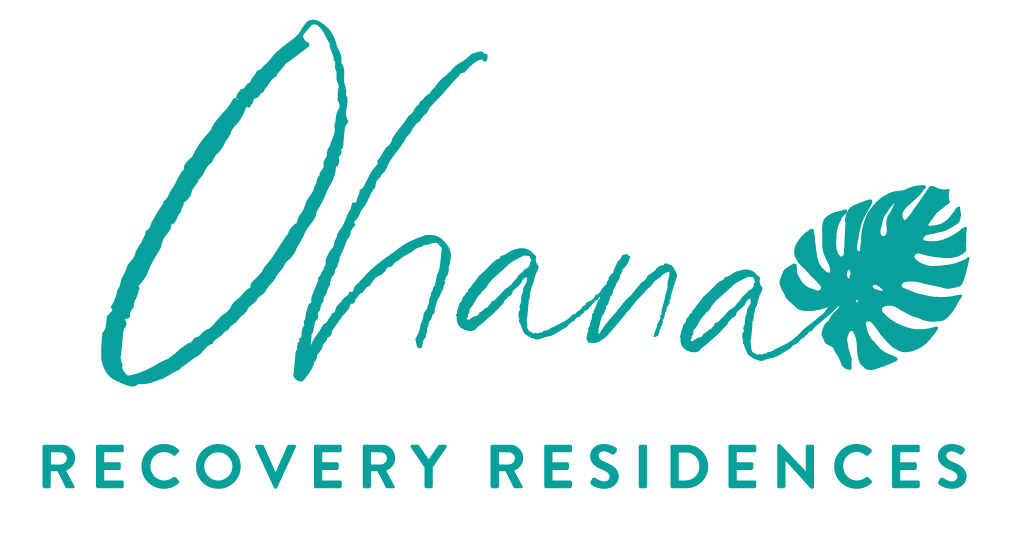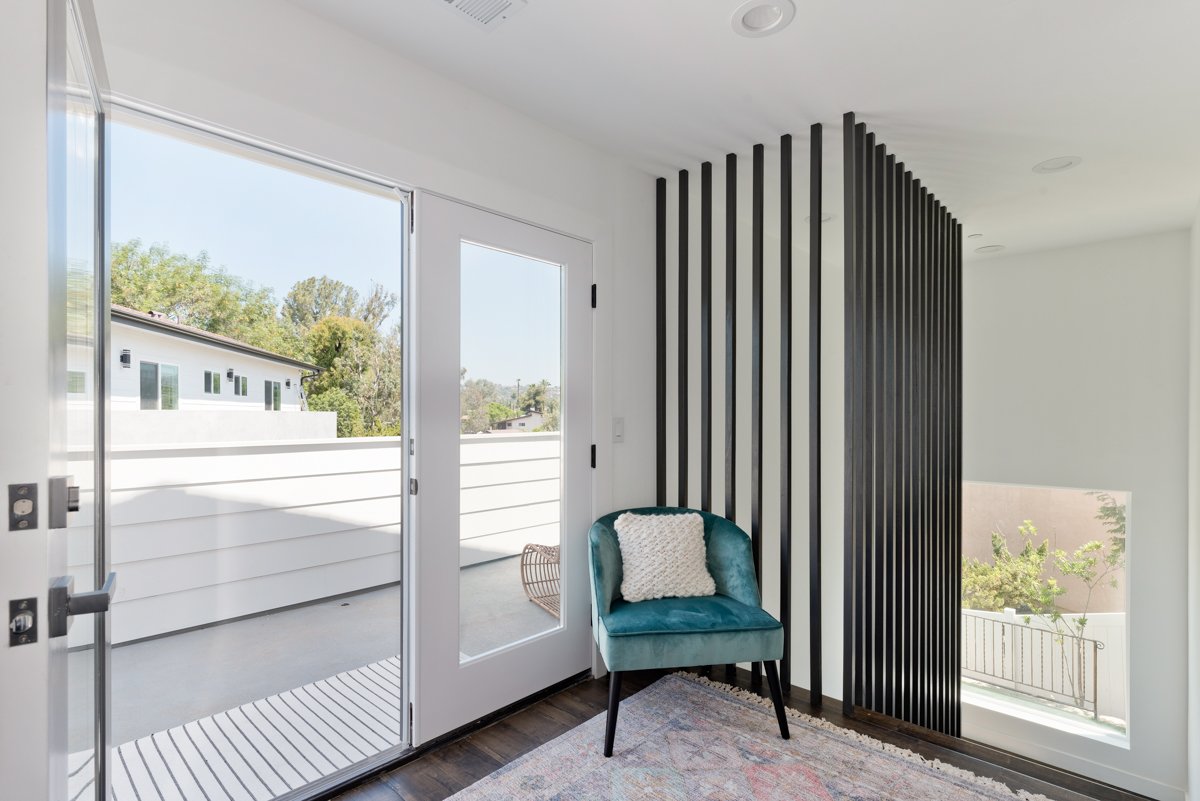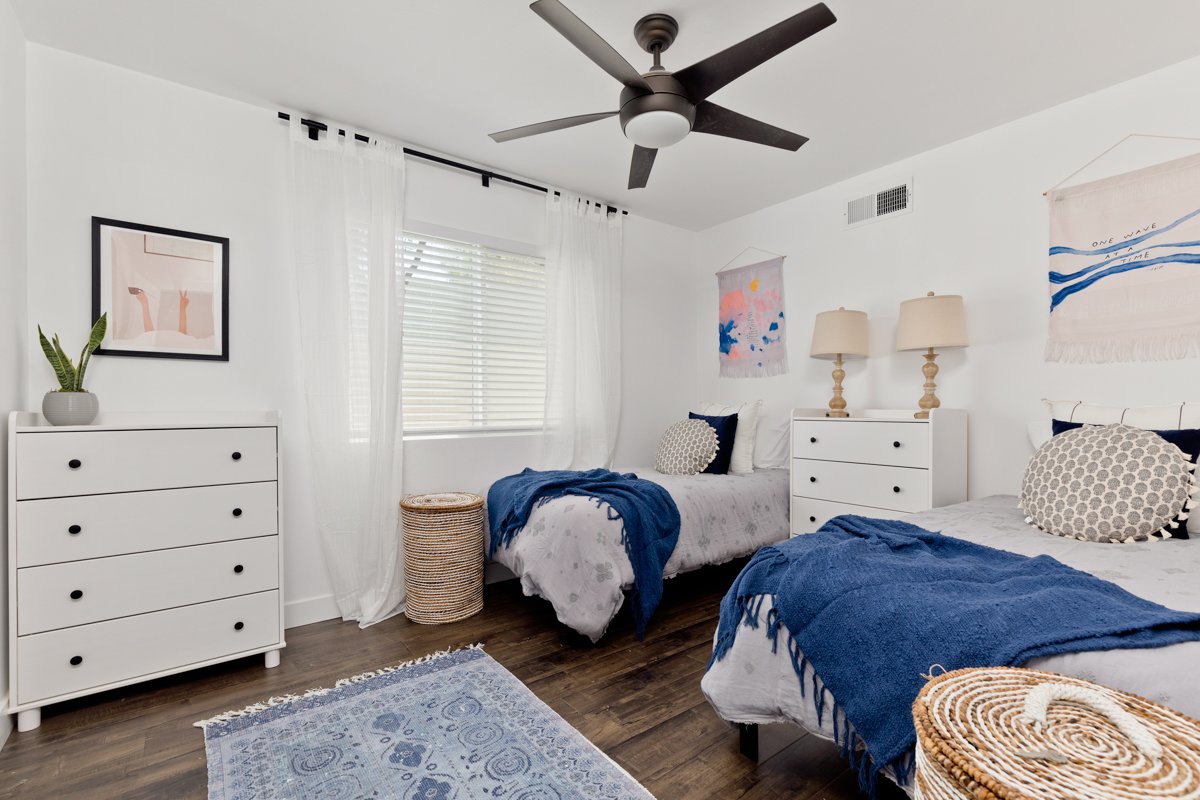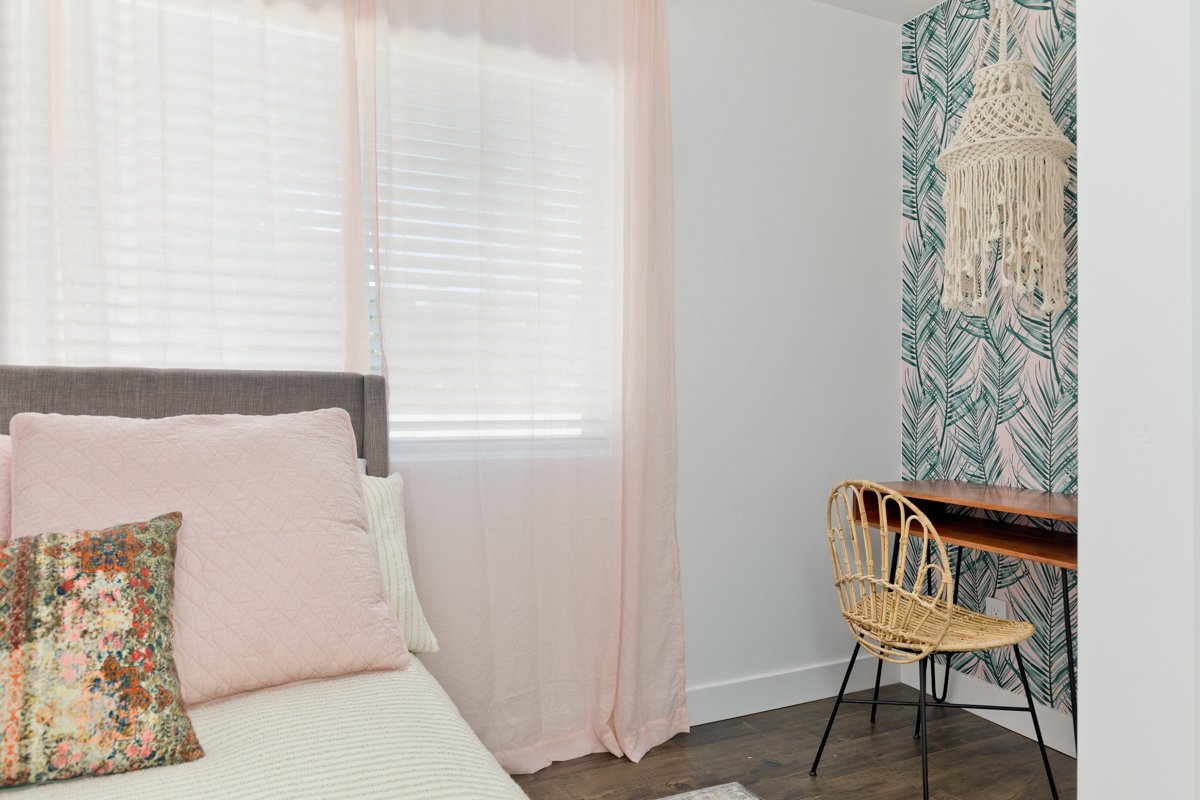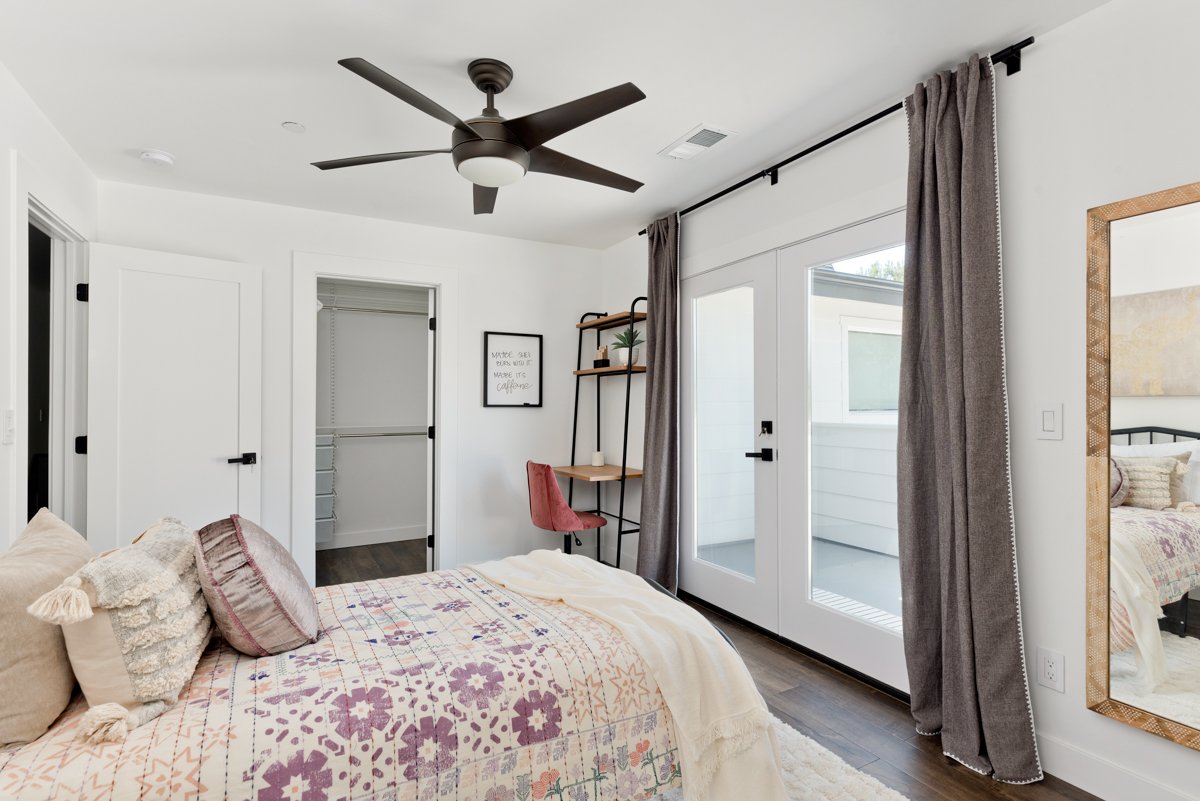
THE DORM
The Dorm at Ohana is a fully furnished recovery residence in central San Diego. The Dorm accommodations have six suites on the top floor and three suites on the lower level. The suites consist of a mix of shared rooms and private suites.
The Dorm is a supported environment for current or aspiring females in their early journey of wellness. We are a community of like-minded peers, incorporating sisterhood, community outreach, and fellowship through a common call to purpose. We are situated in the center of San Diego less than a mile from San Diego State University.


Structure, planning, consistency, and execution
are all key components to success.
This time in a young woman’s life, going from home/parental environment to an independent self governed lifestyle, is a critical transition. Enlisting a support system to ensure a smooth transition is even more necessary for young women who have struggled with mental health, substances and after-effects of trauma.
Leaving home and going into the world where temptation is at an all time high, choosing Ohana as a residential community can be the difference in success or failure. Having a sisterhood of other young women who have a similar focus increases the odds of success.
Daytime and live-in staff provide support, safety and direction so that the residents can stay focused on their healing. Working together with the other residents creates an environment that’s fun and encouraging.
Our Unique Set of Services

SHARED SUITES
Our shared suites accommodate two women per room. Single beds, two dressers and a shared closet. Each room is decorated with warm and inviting decor.
PRIVATE SUITES
Our private suites accommodate one woman with a queen bed, dresser and closet. The rooms offer a slightly larger space and are ideal for a woman who the clinical team has determined would do better with some designed privacy, based on history and other circumstances.
Note to Self if Substance Abuse is Part of the Problem
We're here to be the bridge between helicopter
parenting and legal independence.
Substance abuse does not discriminate. No one, regardless of whether they come from a good family or have a high GPA, is immune to drug abuse. There is no “type” of drug addict, as substance abuse can affect anyone.
However, based on social pressures, expectations and availability of certain drugs, there are some demographics on college campuses that may be at a higher risk of encountering and abusing drugs.
These include:
Fraternity and sorority members
Campus athletes
Students with mental health concerns
Residents of on-campus housing and dorms
Students facing extreme amounts of stress
(source: addictioncenter.com)


YOU GOTTA NOURISH IN ORDER TO FLOURISH
Regardless of demographics, the inability to manage life’s pressures and expectations has resulted in higher suicide rates, higher rates of substance abuse starting at younger ages, anxiety disorders and depression. All of this added to past trauma makes seeking treatment and support the most courageous and effective way to begin your journey of healing and wellness.
